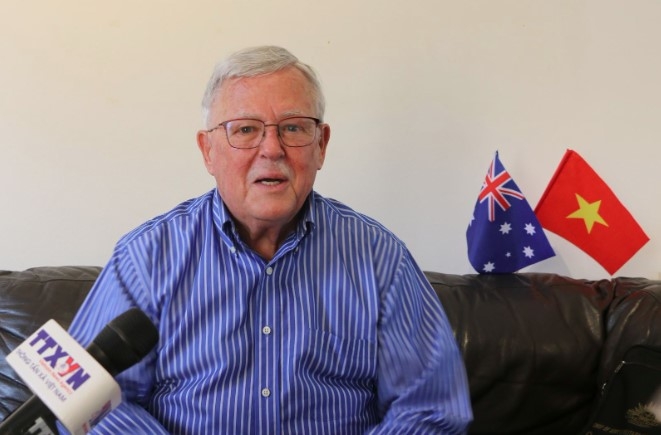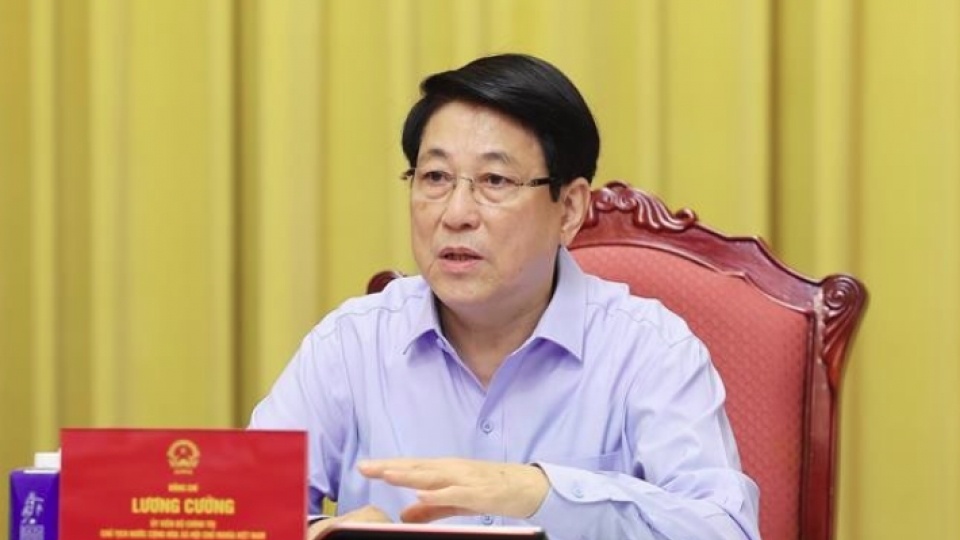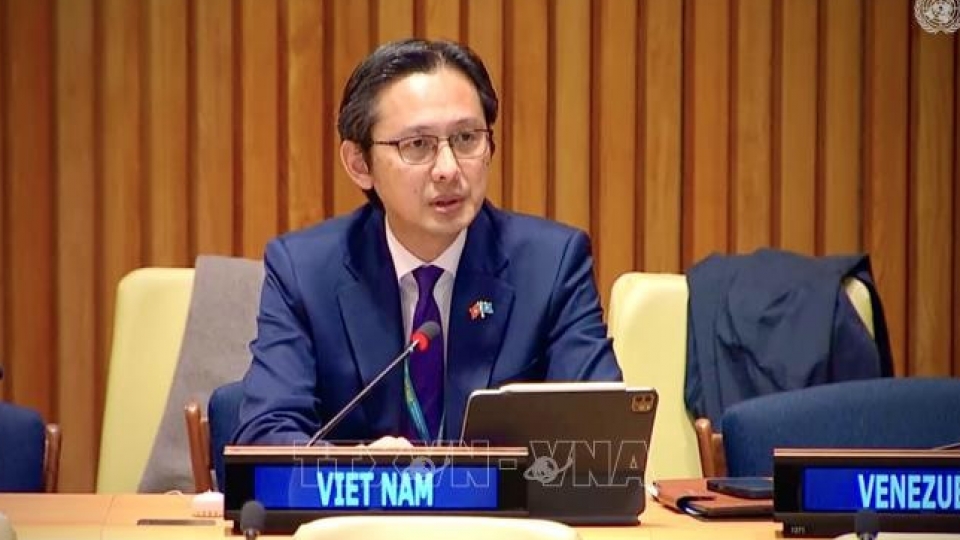Australian scholar praises Vietnam’s role in combating cybercrime
VOV.VN - In the digital era, cybercrime is not a challenge for any single nation but a global threat that endangers security, political stability, economies, and social life worldwide.

That is why the United Nations General Assembly’s adoption of the Convention on Countering the Use of Information and Communications Technologies for Criminal Purposes in December 2024, and the official signing ceremony themed Combating Cybercrime-Sharing Responsibility-Shaping the Future to be held in Hanoi on October 25–26, carries profound significance.
The event demonstrates countries’ shared sense of responsibility in safeguarding cyberspace, the common asset of humankind, and establishes a legal framework for international cooperation in fighting cybercrime. It also ensures that member states, particularly developing and vulnerable countries, receive support and capacity-building assistance to better respond to this form of crime.
Speaking to the press in Australia on this occasion, Professor Carl Thayer of the Australian Defence Force Academy under the University of New South Wales said that the current state of cybercrime worldwide is alarming.
Over the past decade, the global economic loss caused by cybercrime has tripled, from US$3 trillion to US$9 trillion, and is projected to reach US$14 trillion by 2026 amid the rapid proliferation of information technology devices and the growing presence of artificial intelligence (AI).
According to Professor Thayer, the overall damage caused by cybercrime far exceeds the global economic losses from natural disasters or traditional drug trafficking. Cybercrime now tops the list of threats that countries face, no longer confined to conventional hacker groups, but increasingly powered by AI, which allows them to adapt to defence systems. As a result, cybercrime has become pervasive and inflicts severe economic damage.
In this context, Professor Thayer stressed that the emergence of the “Hanoi Convention” holds special importance, as it is the UN’s first convention in two decades to address a transnational issue.
Vietnam was chosen to host the signing ceremony because it has consistently played an active role in combating cybercrime. The country currently ranks 17th out of 194 nations worldwide in terms of cybersecurity capability. Therefore, Thayer said, Vietnam is well positioned to play a leading role in this field.
Assessing Vietnam’s role and position in international cooperation on cybersecurity as well as in promoting multilateralism and dealing with global issues, especially as the host of the “Hanoi Convention” signing, Professor Thayer attributed this to Vietnam’s proactive multilateral diplomacy.
Vietnam has twice been elected to the UN Security Council and twice to the UN Human Rights Council. It enjoys broad support from Asian countries, strong endorsement at the General Assembly, and is actively tackling a global challenge that every nation must confront: cybercrime. Within ASEAN, Vietnam has been playing a leadership role, particularly as it has established comprehensive strategic partnerships with four member states of the bloc.
Professor Thayer suggested that Vietnam should seize the opportunity of hosting the “Hanoi Convention” signing to bolster international cooperation and enhance the effectiveness of cybercrime prevention.
He noted that Vietnam has always led ASEAN in narrowing development gaps, a commitment that must also encompass cybersecurity. ASEAN member states, including Vietnam, are encouraged to promote law enforcement cooperation, share experience, and provide mutual assistance in areas such as investigation, evidence collection, data exchange, witness testimony, and protection. Each nation is expected to meet certain cybersecurity standards.
Professor Thayer also proposed that ASEAN should have a regional computer center dedicated to combating cybercrime. In fact, ASEAN already hosts a cybercrime center established by the International Criminal Police Organization (Interpol) in 2015. With a decade of experience, the center will play an even more effective role, particularly after the signing of the “Hanoi Convention”.




